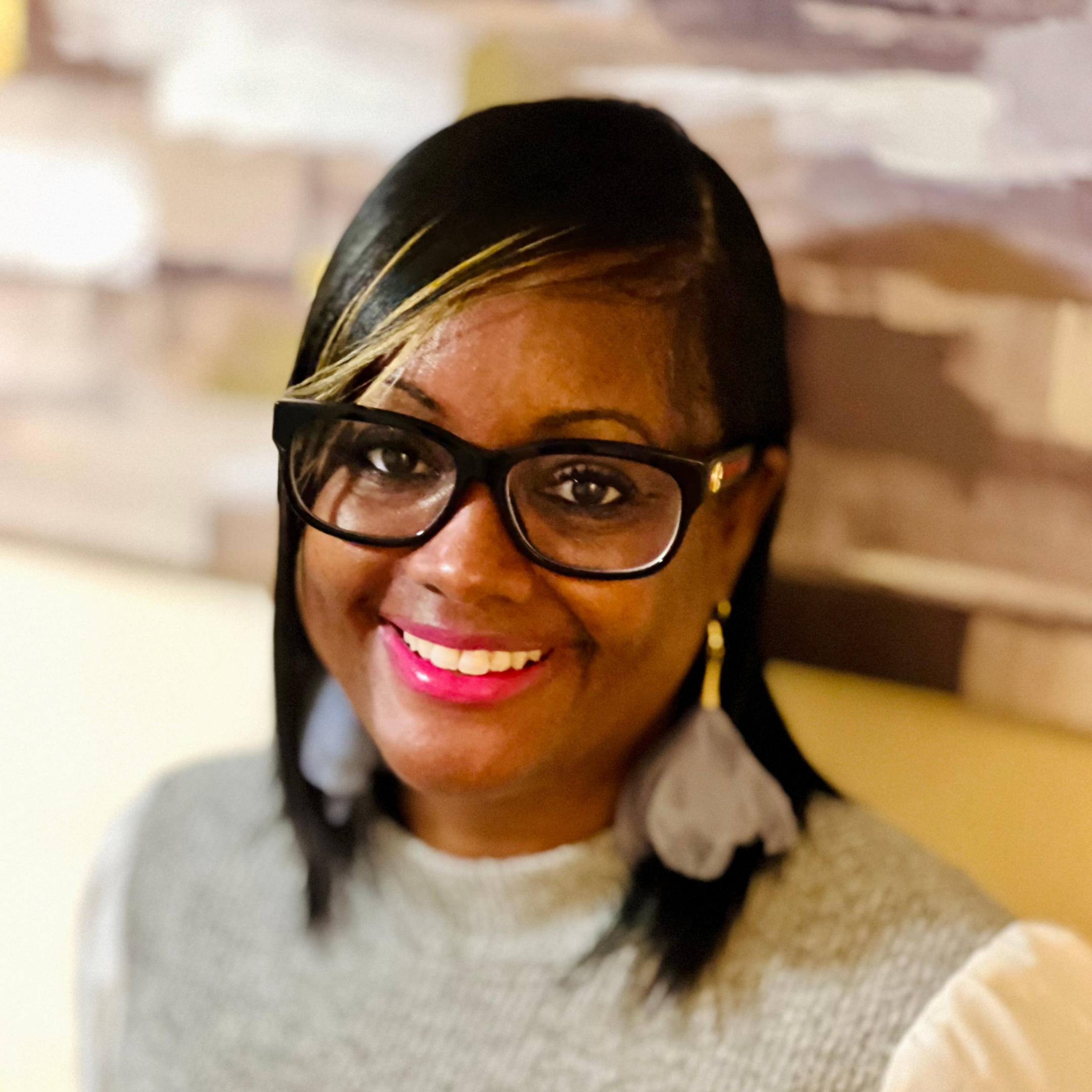The use of ILF neurofeedback in Parkinson's disease - background and case studies
In the study - Managing intractable symptoms of Parkinson's Disease: A nonsurgical approach employing infralow frequency neuromodulation - the authors argue why ILF neurofeedback can have positive effects on the symptoms of Parkinson's disease. Three case studies are also discussed.
Legarda, S.B.; Michas-Martin, P.A.; McDermott, D. (2022): Managing intractable symptoms of Parkinson's disease: A Nonsurgical approach employing infralow frequency neuromodulation. Frontiers in Human Neuroscience, 16:894781.
You can read the full study here .
Introduction
The prevalence of Parkinson's disease has increased in recent years. (Garcia-Ruiz/Espay 2017). Hyposmia (impaired sense of smell) and constipation are characteristic of early-stage Parkinson's disease. The classic triad for Parkinson's disease is tremor, rigor and akinesia. Tremor describes increasingly uncontrolled trembling during periods of rest, rigor represents muscular stiffness and akinesia refers to a steadily increasing lack of movement, which manifests itself in slow and difficult motor processes. Due to the progressive course of the disease, the burden of illness on those affected increases consistently. Patients show an increasingly unstable posture, impaired coordination of movement and a conspicuous gait pattern. Other symptoms include articulation disorders and patients' expressionless faces (O'Keefa et al. 2011).
The increasing prevalence of Parkinson's disease can be attributed to factors such as increasing life expectancy and the improved chances of survival for those affected thanks to medical and technological innovations. Physical activity promotes the release of neuroprotective messenger substances in the brain. Compared to our ancestors, however, the amount of physical activity has decreased enormously. Treatment options include medication or deep brain stimulation (DBS) surgery.
ILF brain training for Parkinson's disease
Legarda et al. also mention ILF brain training as a non-pharmacological and non-surgical option for the treatment of motor symptoms. This form of neurofeedback can also be used to address cognitive comorbidities, such as attention disorders, anxiety, memory loss, etc. Furthermore, the authors assume that, in addition to an increased resilience of the brain, postural instabilities can also be improved through ILF neurofeedback training.
The innovative character of ILF training is that it predominantly targets the subcortical networks to stimulate neuromodulatory effects towards homeostasis and therefore does not require conscious effort, which is necessary with traditional neurofeedback methods. In this way, ILF brain training promotes the "automation of motor systems" in a natural way. Patients experience positive effects immediately after the first training session, which last for around 48-72 hours. Nevertheless, regular training sessions are required to consolidate the training effects achieved and the reduced symptom burden.
Case studies
To illustrate how ILF neurofeedback can help people diagnosed with Parkinson's disease, the authors also present three case studies of patients:
The first profile presents a 77-year-old woman who requires a walking aid to mobilize due to tremendous difficulty walking and uncontrolled tremors. After she has completed a total of 40 ILF neurofeedback sessions, both her tremor and her walking difficulties have reduced.
The second person mentioned is a 63-year-old university lecturer with speech and swallowing disorders. She was able to control her symptoms well through consistent speech therapy. Over the next 10 years, however, she developed both a tremor and pronounced dysgraphia, which is why drug therapy was initiated. After she began ILF brain training, an improvement in writing skills was noted. After 50 neurofeedback sessions, she was able to maintain the improvements in her writing skills on her own.
The third patient profile presents the case of a 76-year-old lawyer who suffered a cerebral hemorrhage due to cerebral amyloid angiopathy. The patient was well controlled by drug treatment. Over the next five years, his condition progressively worsened and he became immobile and completely dependent on a wheelchair. After starting neurofeedback, he was able to get around with the help of walking aids. By regularly attending neurofeedback sessions, the aim is to consolidate the effects learned.
References:
Booth, H., Hirst, W., and Wade-Martins, R. (2017). The role of astrocyte dysfunction in Parkinson’s disease pathogenesis. Trends Neurosci. 40, 358–370. doi: 10.1016/j.tins.2017.04.001
Garcia-Ruiz, P., and Espay, A. (2017). Parkinson disease: an evolutionary perspective. Front. Neurol. 8, 157. doi: 10.3389/fneur.2017.00157.
DeMaagd, G., and Phlip, A. (2015). Parkinson’s disease and its management. Pharm. Therap. 40, 504-510, 532.
O’Keefea, J., Vogelb, R., Laviec, C., and Cordain, L. (2011). Exercise like a huntergatherer: a prescription for organic physical fitness. Prog. Cardiovasc. Dis. 53, 471–479. doi: 10.1016/j.pcad.2011.03.009.



